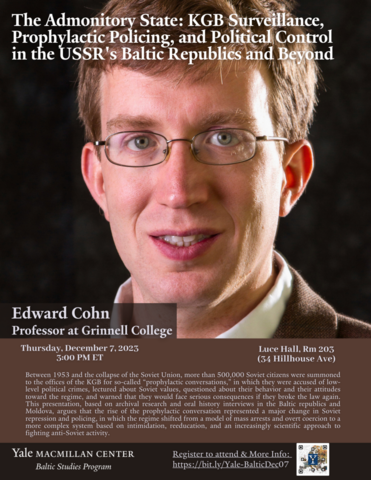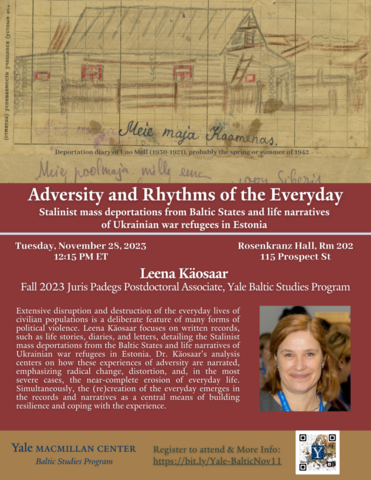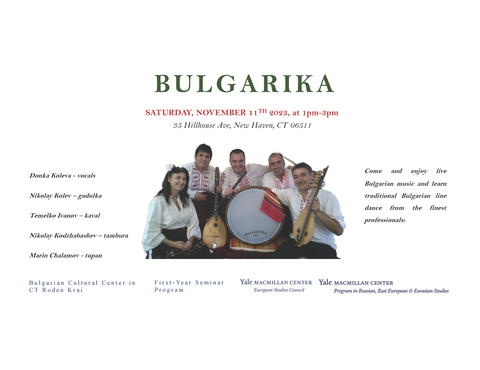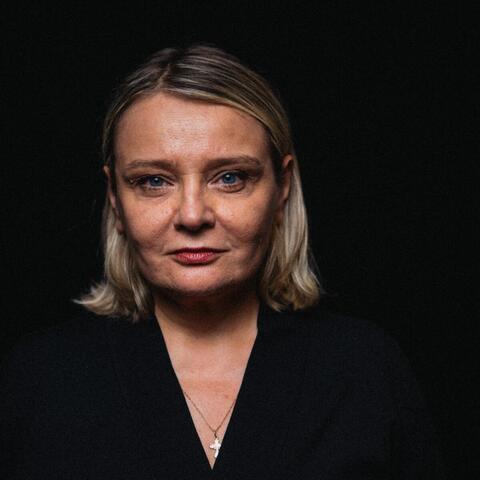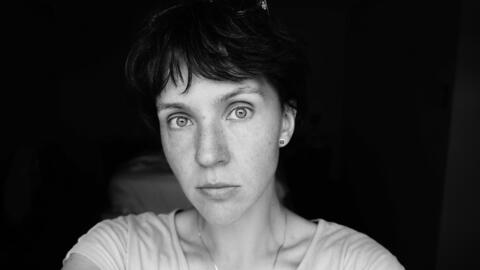The Admonitory State: KGB Surveillance, Prophylactic Policing, and Political Control in the USSR’s Baltic Republics and Beyond
Between 1953 and the collapse of the Soviet Union, more than 500,000 Soviet citizens were summoned to the offices of the KGB for so-called “prophylactic conversations,” in which they were accused of low-level political crimes, lectured about Soviet values, questioned about their behavior and their attitudes toward the regime, and warned that they would face serious consequences if they broke the law again. This presentation, based on archival research and oral history interviews in the Baltic republics and Moldova, argues that the rise of the prophylactic conversation represented a major change in Soviet repression and policing, in which the regime shifted from a model of mass arrests and overt coercion to a more complex system based on intimidation, reeducation, and an increasingly scientific approach to fighting anti-Soviet activity. This talk will complicate the idea that a “conversation” was a simple euphemism for an interrogation, will argue that the Soviet Union was becoming increasingly dependent on warnings and admonitions even beyond the work of the KGB, and will make the case that the rise of the KGB tactic of prophylaxis should be understood not in terms of the liberalization of Soviet policing, but as an effort to prevent future crimes that anticipated the rise of similar forms of policing around the world.


